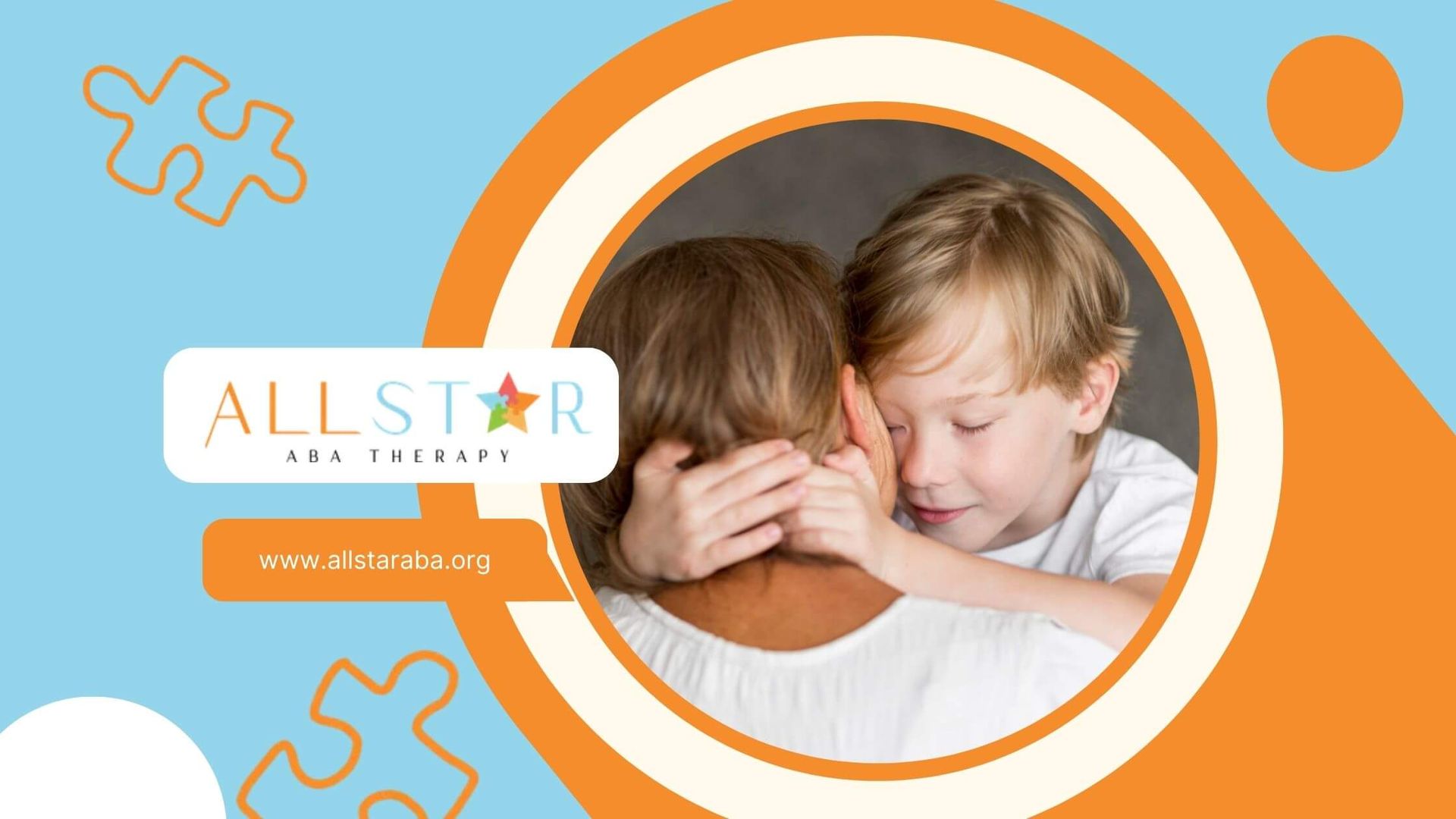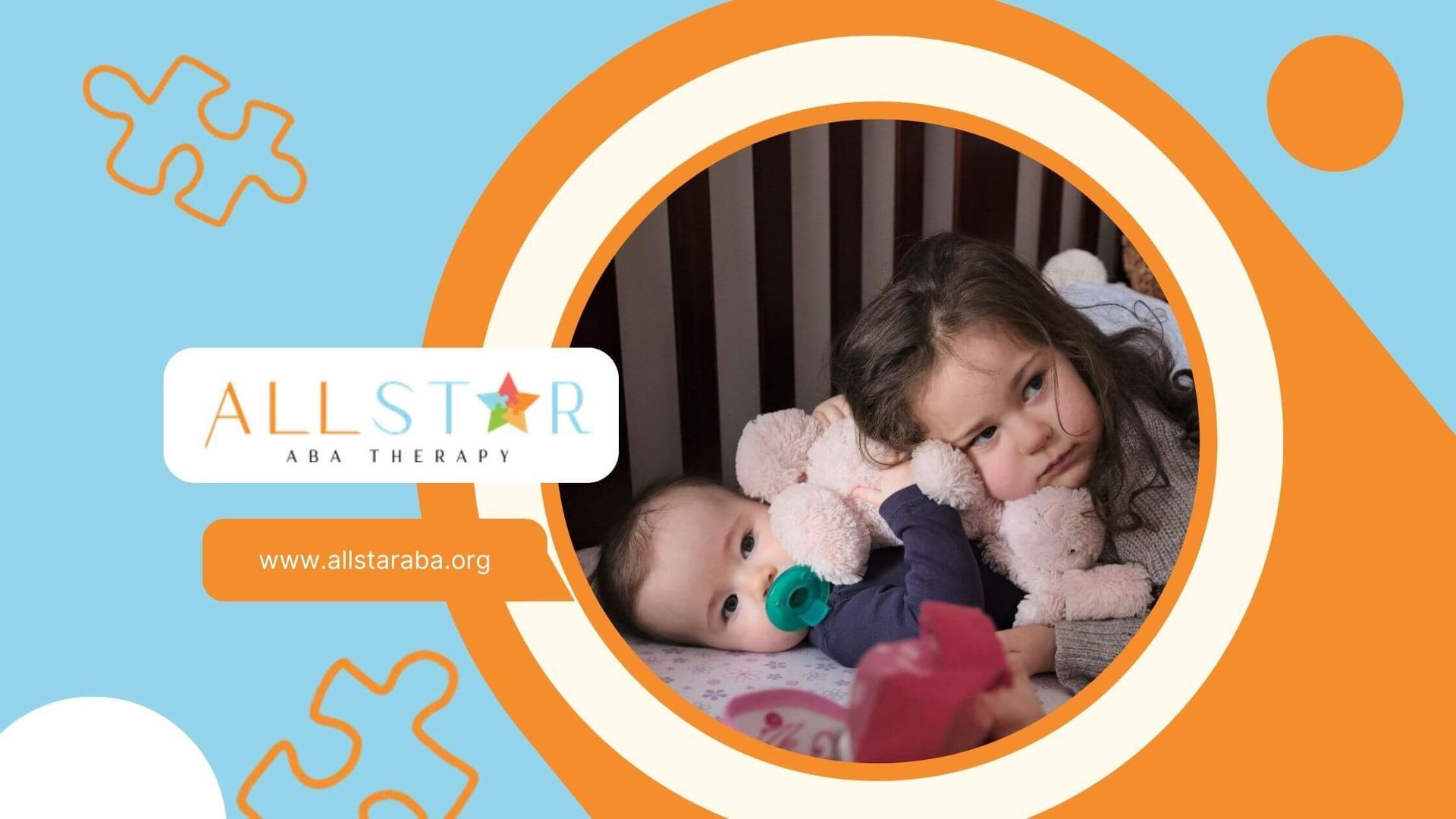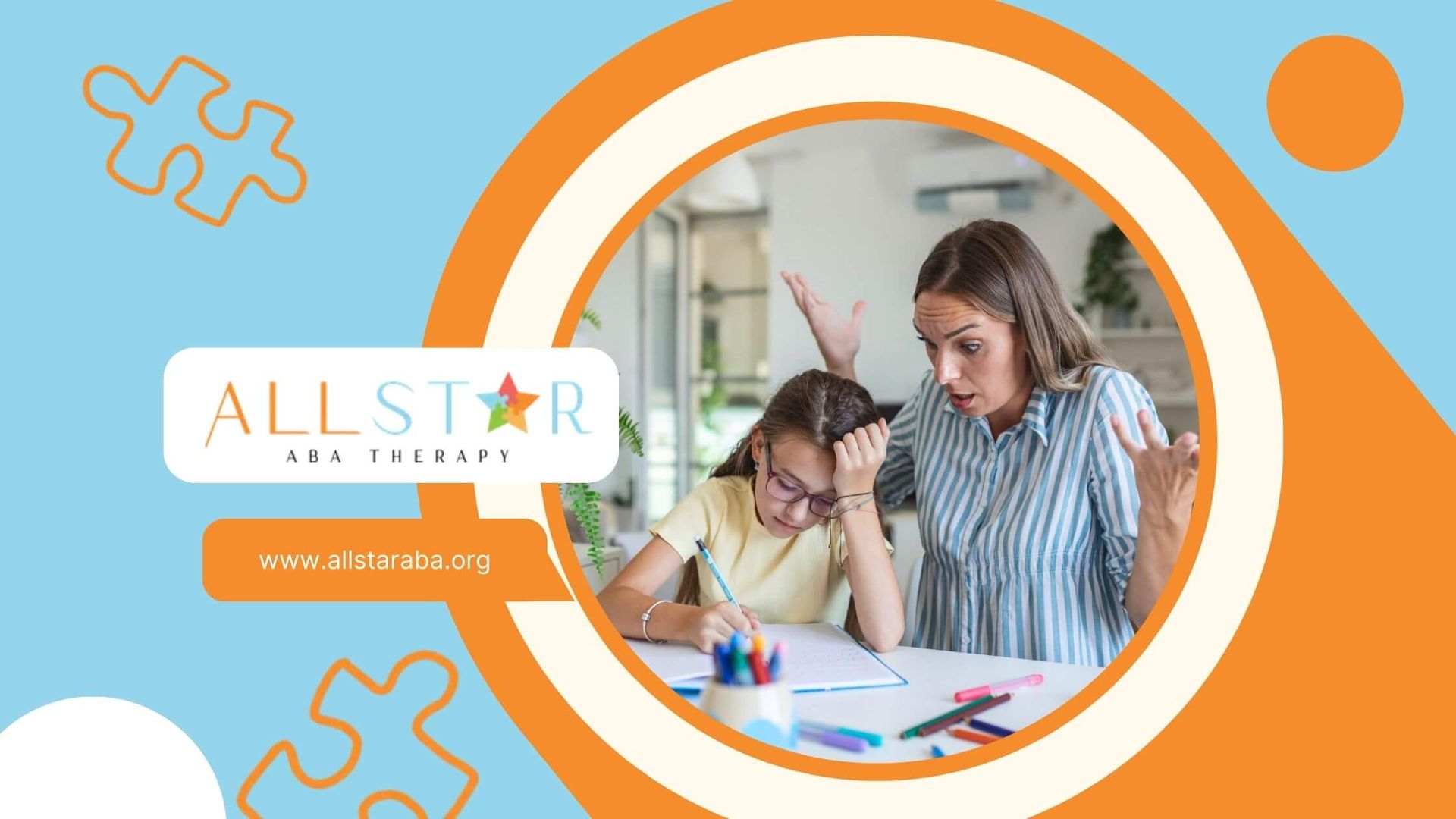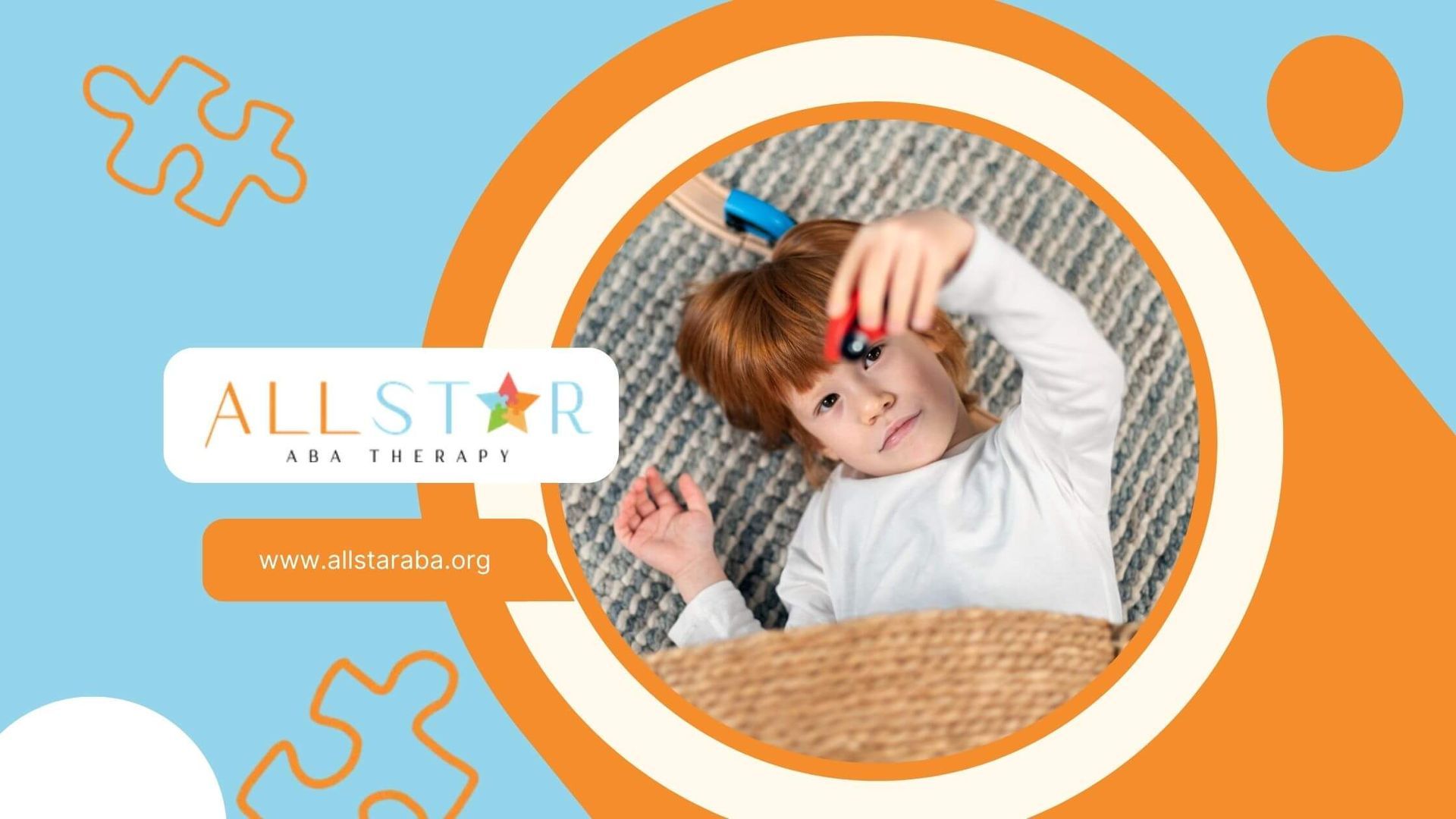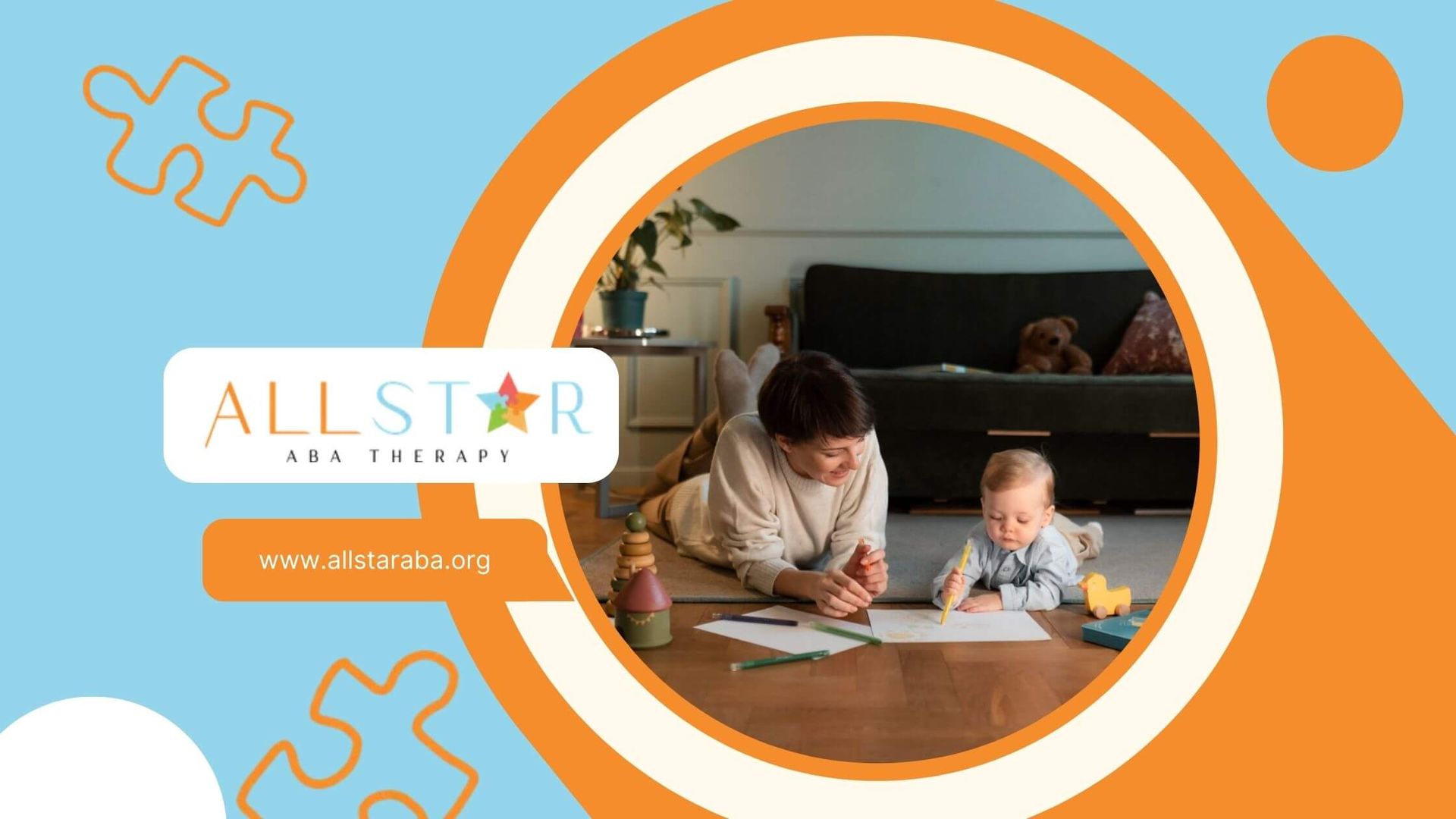New Paragraph
Can Children with Autism Understand Emotions?
A common question parents ask is whether children with autism can understand emotions. The answer is that while many children on the spectrum may face challenges in recognizing or interpreting feelings, they are capable of learning emotional awareness with the right support.
Children with autism might struggle to read facial expressions, body language, or tone of voice, which can make social interactions more difficult. For example, a child may not recognize when a peer is sad or may respond in a way that seems unusual. However, this doesn’t mean they lack empathy—it often means they need extra guidance in understanding social cues.
Through ABA therapy, children can be taught strategies to recognize emotions in themselves and others. This may involve using visual aids, role-playing, or structured social practice. Over time, many children become more skilled at connecting emotions with actions and building stronger relationships.
At All Star ABA, we design therapy programs that help children not only build language and social skills but also strengthen emotional understanding, so they can thrive in daily interactions.
Frequently Asked Questions
Do children with autism struggle to understand emotions?
Some do, especially with reading facial expressions or social cues, but many can learn with support.
Can therapy help autistic children recognize emotions?
Yes, ABA therapy and social skills training can help children identify and respond to emotions more effectively.
Does difficulty with emotions mean a child lacks empathy?
No. Many children with autism feel empathy but may express or process it differently.
Need Support?
We're Here to Help!
Our experienced team is ready to assist you. Reach out today to discuss how we can support your child's development and well-being.
Get started with expert ABA therapy today.



